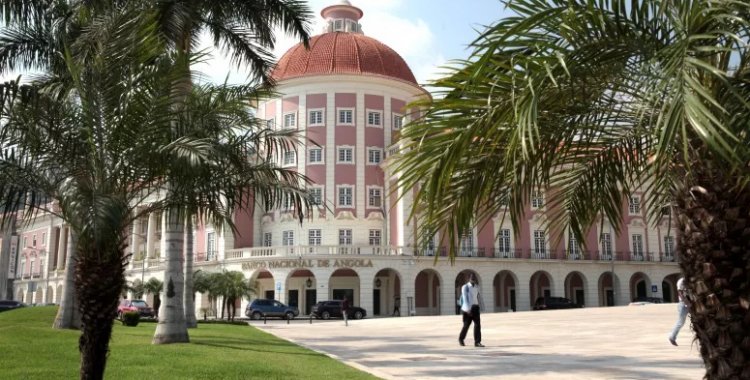According to the governor of the BNA, José de Lima Massano, the process is ongoing after the decision taken by the central bank, pointing out that the attorney general's office has already been notified.
Asked if other banks could follow the same fate as the BKI, José de Lima Massano answered that it is not something they are pursuing.
"We want our financial system to be stable and that's what we fight for every day, we are also sad when we have to make these decisions, but the stability of the financial system is above all that," he stressed.
This month, the central bank revoked BKI's license for insufficient regulatory own funds, warning the institution's clients that they will have until 31 of the current month to make withdrawals and transfer their balances.
The announcement of the revocation took place days after the BKI held a general meeting to carry out the dissolution of the company and appoint a winding-up committee.
The capital requirements are one of the conditions for the continuity of the banking activity.
The dissolution of the BKI, whose main shareholder is the Swiss-Angolan businessman Jean-Claude Bastos Morais, was already foreseen last year.
The BKI, linked to Jean-Claude Bastos de Morais and the former president of the Sovereign Fund of Angola, José Filomeno dos Santos "Zenu", recorded net losses in the order of 515 million kwanzas in the 2019 financial year, according to an audited report of the company, cited by Angop.
Businessman Jean-Claude Bastos de Morais, president and founder of the Quantum group, which managed the Sovereign Fund of Angola, was a partner of "Zenu" dos Santos, son of the former President of the Republic José Eduardo dos Santos, and was in custody for about six months, accused of crimes of criminal association, improper receipt of advantage, corruption and economic participation in business, as part of an investigation into the management of the fund.
"Zenu dos Santos, and three other defendants, was sentenced in August 2019 for crimes of swindling and defrauding, embezzlement and influence peddling, to five years in prison due to his involvement in another case, which became known as the "500 million dollar" case, but he appealed the sentence and is awaiting a free decision.







